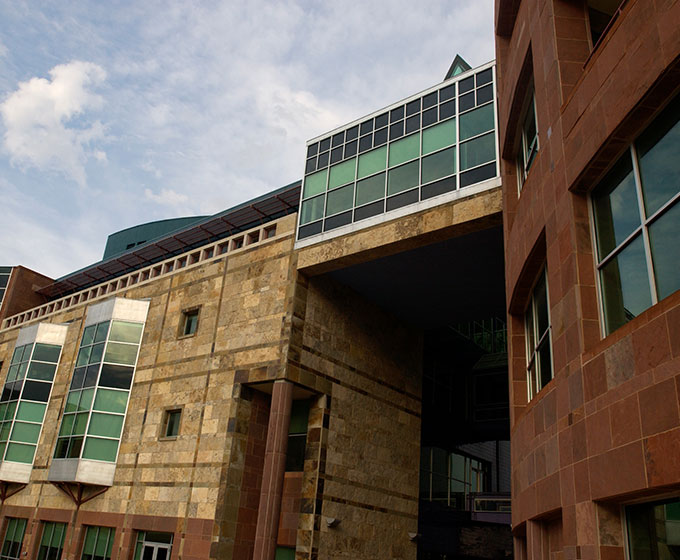
APRIL 6, 2022 — The Department of Social Work in the UTSA College for Health, Community and Policy will host a virtual panel discussion at 10 a.m. on Wednesday, April 6, to share best practices for building a funded, qualitative and community-engaged research agenda. The event is free and open to the public.
The panel will feature Nalini Negi, associate professor of social work, University of Maryland, Baltimore; Deborah Parra-Medina, director of the Latino Research Institute and professor of Mexican American & Latina/o studies, University of Texas at Austin; and Amy Stone, professor of sociology and anthropology, Trinity University.
The guest speakers come from a diverse range of disciplines, but they have two important characteristics in common: they have all utilized qualitative methods in their research, and they have successfully obtained funding to support this research.
The panel will share the lessons they learned on the path to building their research agendas, to provide support to faculty and graduate students who wish to develop skills—and a research agenda—that engages the community and utilizes qualitative methodologies.
Community-engaged research is a mutually beneficial partnership between scholars and the community that results in innovative scholarship and improving community conditions. Qualitative methodologies aim to gain an in-depth understanding of specific community characteristics, individual lived experiences or actions that create a shared reality.
The event is part of the UTSA College for Health, Community and Policy’s (HCaP) signature project on community-engaged research. The discussion is representative of the college’s mission to improve the well-being of communities and affect change for complex social issues.
“The modern reality is that scholars need to build a funding agenda to obtain tenure within research intensive institutions,” said Candace Christensen, associate professor of social work at UTSA. “Qualitative and community-engaged research is time, energy, and resource intensive which amplifies the need to obtain funding to support this type of research.”
UTSA Today is produced by University Communications and Marketing, the official news source of The University of Texas at San Antonio. Send your feedback to news@utsa.edu. Keep up-to-date on UTSA news by visiting UTSA Today. Connect with UTSA online at Facebook, Twitter, Youtube and Instagram.
Move In To COLFA is strongly recommended for new students in COLFA. It gives you the chance to learn about the Student Success Center, campus resources and meet new friends!
Academic Classroom: Lecture Hall (MH 2.01.10,) McKinney Humanities BldgWe invite you to join us for Birds Up! Downtown, an exciting welcome back event designed to connect students with the different departments at the Downtown Campus. Students will have the opportunity to learn about some of the departments on campus, gain access to different resources, and collect some giveaways!
Bill Miller PlazaJoin us for an intimate evening of cocktails, conversation, and culinary inspiration with Pati Jinich, Emmy-nominated chef and James Beard Award-winning author. Enjoy light bites and signature drinks in the warm, modern setting of Mezquite as Pati connects with guests over her passion for Mexican cuisine and storytelling.
Mezquite Restaurant in Pullman Market, 221 Newell Ave., San Antonio 78215From inspired courses to thoughtful pairings and a rich sense of community, the Ven a Comer Signature Dinner is a night of shared meals, shared stories, and unforgettable flavor.
Stable Hall (Pear Brewery), 307 Pearl Pkwy, San Antonio 78215Come and celebrate this year's homecoming at the Downtown Campus with food, games, giveaways, music, and more. We look forward to seeing your Roadrunner Spirit!
Bill Miller PlazaThe University of Texas at San Antonio is dedicated to the advancement of knowledge through research and discovery, teaching and learning, community engagement and public service. As an institution of access and excellence, UTSA embraces multicultural traditions and serves as a center for intellectual and creative resources as well as a catalyst for socioeconomic development and the commercialization of intellectual property - for Texas, the nation and the world.
To be a premier public research university, providing access to educational excellence and preparing citizen leaders for the global environment.
We encourage an environment of dialogue and discovery, where integrity, excellence, respect, collaboration and innovation are fostered.